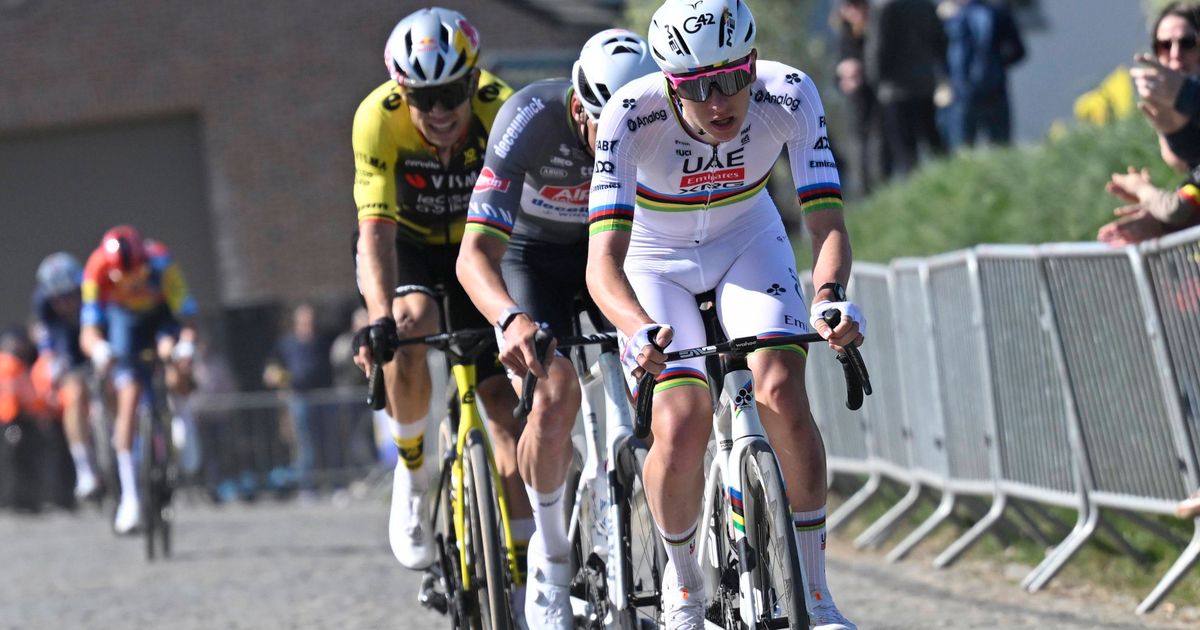Speaking on RadioCorsa on RaiSport, Conti dismissed the suggestion that UAE had blocked Pogacar, explaining that the Slovenian’s focus this winter extends far beyond competition.
“It was said that Pogacar wanted to try cyclocross this winter and that the team forbade it. That’s absolutely not the case,” Conti said. “Tadej Pogacar is an ambassador – and that’s something very important – for bringing cyclocross to the 2030 Olympic Games in France, in Savoie. He could genuinely become the ambassador for the sport’s inclusion in the Winter Olympics, as it deserves, since it’s held in winter amid snow, ice and challenging conditions.”
Rather than being held back, Conti suggested that Pogacar’s connection to the discipline has instead been formalised through his ambassadorial role, positioning him as a figurehead for the push to secure Olympic recognition for cyclocross.
As Van Den Abeele also confirmed last week, the UCI’s bid to add cyclocross to the 2030 Winter Olympics remains very much alive — “It is not approved yet, but it has not been swept off the table,” he said — a move that could radically change the sport’s visibility and funding worldwide. National federations would be incentivised to invest, while top road riders could use cross as a new platform for development and exposure.
Pogacar’s potential involvement, even symbolically, could prove decisive. Few athletes embody the multi-discipline spirit that the UCI wants to promote more than the reigning world road race champion, who has already shown a deep appreciation for the sport’s off-road roots.
If the campaign succeeds, Pogacar may find himself not just riding in the mud again — but helping to steer cyclocross towards its most transformative moment yet.

